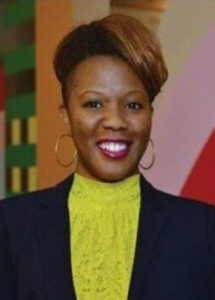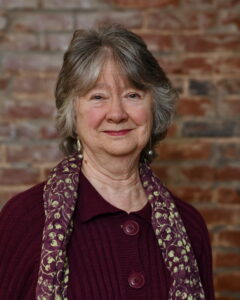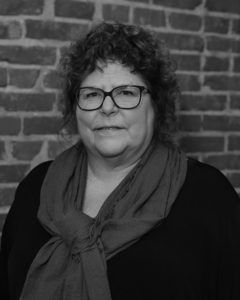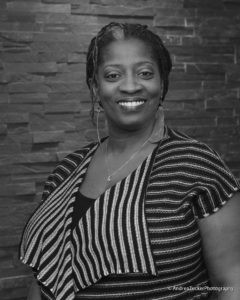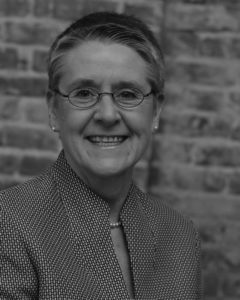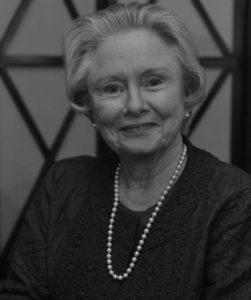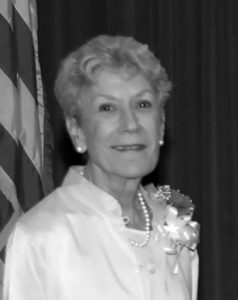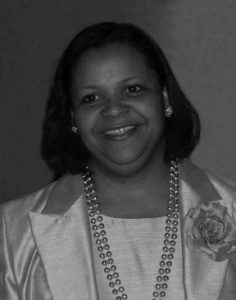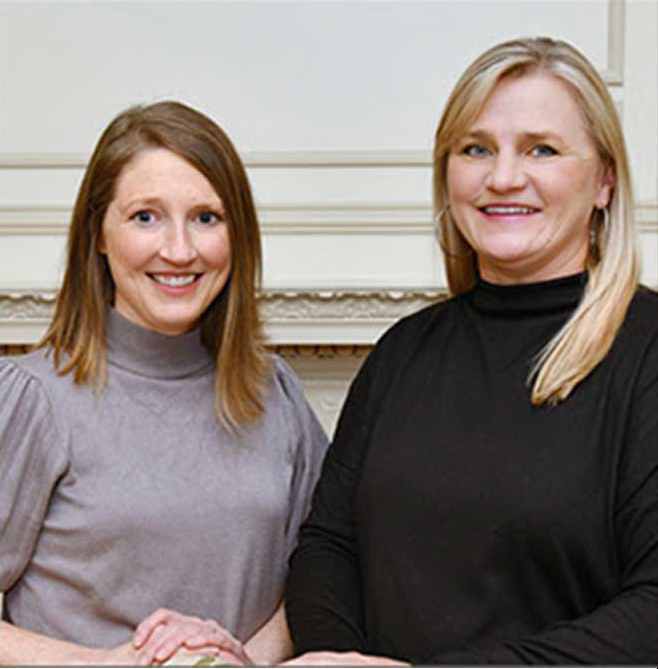
WOMEN OF ACHIEVEMENT
2024
VISION
for a woman whose sensitivity to women’s needs
led her to tremendous achievements for women:
Amy Moses and Sara Lynn Johnson Fultz
Menstrual cramps. Painful intercourse. Bowel incontinence. Urinary leakage. Vaginal dryness.
These are “below the belt” subjects that we just don’t talk about but that have a tremendous impact on our quality of life, from adolescence through menopause.
Freeing women from the misery, embarrassment and limitations of these problems is the vision and work of physical therapists Amy Moses and Sara Lynn Johnson Fultz. As co-founders and co-owners of MOJO Pelvic Health, as therapists, educators and advocates, they share a vision of a world where women can be pain-free and comfortable in their bodies throughout their lives.
Deeply sensitive to the stigma around issues involving the pelvic floor, they see that when women have issues that impact this part of their body, it affects their confidence, their independence, their dignity. They knew they had to create a safe space for patients to be seen, heard and understood.
Both women grew up in Mississippi and wandered far before a shared passion for lifelong women’s healthcare took hold. Sara Lynn spent several adventurous years in Alaska and returned to Memphis in 2010 where she saw in her practice dramatic relief from specialized physical therapy.
“I was treating someone who had bowel incontinence, a younger mother with four or five children. But she couldn’t go to any birthday party of her child for fear of something happening,” Sara Lynn said. “She came in and was crying because she had [finally] been able to go to a birthday party. Physical therapy makes a difference but this type impacts women in a way I had never experienced before.”
Similarly Amy, who traveled to Seattle for her residency, saw with her patients how imbalances in the pelvic floor impact literally every other part of the body. She also personally had fertility and pelvic floor issues that were resolved with pelvic PT, inspiring her to spend the rest of her life doing the same for others.
Sara Lynn and Amy met 10 years ago this year and almost joined up then but instead continued their independent pelvic health care work in the Memphis area. Five years later, in 2018, each on maternity leave with three-month-old babies, they met to talk and the vision of MOJO Pelvic Health was born. It opened in February 2019 and is now one of the largest woman-owned and operated pelvic health therapy groups in Tennessee and Mississippi. The practice began only with Amy and Sara Lynn and in five years has trained more than 30 physical therapists. MOJO has four core locations open to patients as well as therapists in six physicians’ offices.
They see how for centuries these problems have been blamed on aging, on being female, on having children. Menstrual periods shouldn’t be painful yet they are for many when issues in the pelvic floor could be the cause and could be addressed. Women are told to ignore their pain or cope with the difficulty and carry on.
“If this was any other part of the body,” Amy said, “this would be treated (likely by a PT!) with the goal of figuring out the why and solutions to resolve it. We should receive care even in our teen years or as children dealing with bladder issues or bowel issues so that this doesn’t become a lifelong issue.”
They spend lots of time helping patients realize that their issues can and should be addressed, that they are worth this care and do not have to just live with it because mom, grandmother or their aunts had the same thing and “made do.”
Awareness is urgently needed among aging women. The top two reasons women end up in nursing homes are urinary incontinence and bowel incontinence. Amy said, “Management of these issues causes us to lose independence, the comfort of our home, and impacts our caregivers and family members. This is devastating especially when care is available and should be offered as first line of treatment.”
Much more attention is needed about pelvic health in medical training. Amy and Sara Lynn both teach pelvic health curriculum – Amy at her alma mater, The University of Mississippi Medical Center in Jackson and Sara Lynn at hers, UTHSC in Memphis. They regularly welcome residents, nurses and physicians to their clinics to learn.
They are eager to talk about the benefits of pelvic health and therapy anytime, anywhere. They are working now on programs to increase accessibility for children and “pelvises with a penis,” Sara Lynn said.
Access to healthcare that restores comfort, dignity and independence to women and girls, across their lifespan, is the vision and work of Amy Moses and Sara Lynn Johnson Fultz, our 2024 Women of Achievement for Vision.


